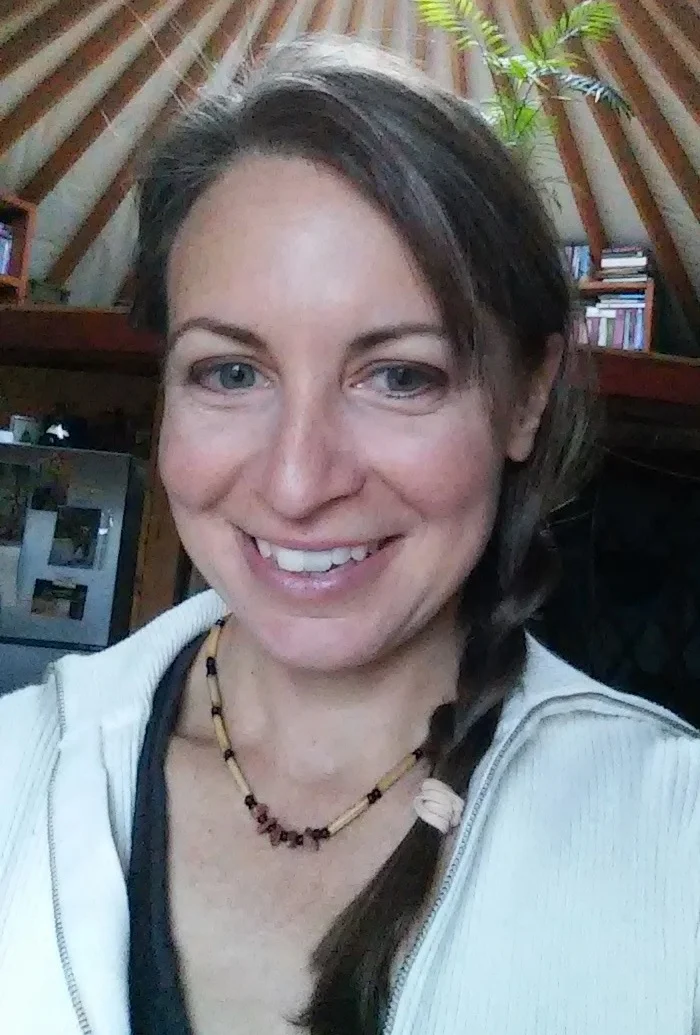Interview with an Editor: Christina
Authors have a lot on their plate: characters, action, time periods, plot, and so on. What’s great is there are these strange people called editors who sweep in, clean up errors, and help writers stay on track. Oftentimes, writers repeat the same mistakes, which, if fixed can drastically improve a book. What would reading be like without editors? We shiver at the very thought!
Christina
We interviewed several editors on our team, gathering pet peeves and advice that can help writers on their journey, and we’ll be featuring a different editor on our blog in the upcoming months.
First up is Christina Palaia. She joined the Artful Editor team in 2014. A Jersey girl who wandered west, she lives in a bright and cozy yurt on the side of a mountain high in the Rockies of northwest Colorado. She apprenticed as a copyeditor at a small bookmaking shop in Lancaster, Pennsylvania, where she learned her craft on manuscripts published by the major New York houses.
Q: What is the most common error you see writers make?
When I am line editing or copyediting, sentence-structuring mistakes are prevalent. Many times, writers try to stuff too much information on disparate ideas into one sentence. I think jumbled sentences result from rushing to capture ideas on the page before they flit away and are lost; a good “first-draft” technique that then needs to be refined and polished later.
Writers can return to the page and interrogate each sentence to be sure it’s well formed and cohesive and clear . . . and this does not mean it will automatically have to sound academic or boring.
Rearranging phrases, using interesting descriptive words, injecting emotion, enlivening verbs, letting voice shine—all are ways to create interesting sentences.
And separate ideas, please! Give an idea its own space, either a sentence or a paragraph, so that it can be fully developed, like a little modular nugget of information that readers will enjoy gathering and stacking together to build comprehensive meaning.
In structural, or developmental, editing, a common error is unclear development of the story or the thesis: it’s not apparent how all the scenes or sections are building to a climax or to definitive support of the book’s premise. There’s a lot of extra or fluff that obscures the narrative arc or buries the point.
To correct this type of error, I think authors can slow down and reexamine their work after they’ve dumped all that was in their mind down on the page. Reverse-engineer it to see what they have said, what’s missing, and what can be arranged more effectively to build, rise, peak at the end of the book, transmitting their message in the shape they first envisioned.
Q: Where do most problems in a book occur?
In novels, the first few pages are hugely important—they have to set up and frame the entire story while snagging reader interest and luring them into the story’s world. Many times, they do not do this effectively.
Often, it’s best for authors to write (or rewrite) the first pages after the entire manuscript is complete so that they tellingly open a peephole onto the story for readers that is the right size and shape.
Likewise for nonfiction books: the first few pages have so much work to do, laying out the book’s premise, delineating the scope of the work, making it meaningful to readers, and establishing the author’s credentials . . . and more.
Keeping the end firmly in mind when writing the first few pages of a book can help authors get them just right.
Q: If you could give a two-sentence piece of advice to authors, what would it be?
Slow down. Enjoy the journey because writing, creating, is most definitely a process, an iterative one that inches closer and closer to ultimate refinement if given enough time that the subconscious can assist the conscious writing mind to express itself clearly.
Christina’s cat after a particularly bad grammatical error.
Q: Before sending a manuscript to editors, what should an author do first?
It helps editors help authors if we know
Why authors have written their book
What they hope to accomplish with the book, and
What success for this project will look and feel like for the author.
If authors can articulate these three pieces of information, their editor can help them say what they want to say to achieve the book’s purpose in a way that feels like a win for the writer and meets the reader’s needs too.
Q: What is your editorial process after you receive a manuscript?
I read through the manuscript at a fast pace, noting down first impressions, confusions, and other observations—I react to the manuscript as an imagined reader might.
Then I read again—and again and again, sometimes several times in a row—as an editor to analyze what’s there and what’s missing and what’s superfluous.
While considering the author’s purpose in telling this story or in writing this book, I try to distinguish areas in the manuscript that are thwarting that purpose. I put myself in the author’s shoes and ask which three major revisions can I suggest to take this book a giant step closer to a polished whole that satisfies reader expectations and achieves author goals.
Q: What is your favorite word and least favorite word?
I am so not fond of the phrase due to. Ugh. It sounds ugly, and blocky, and boring-business-report-writing to me.
Unfortunately—or fortunately!—I like adverbs. Vanishingly is on the top of my list at the moment, but I also like rimfire, moonstruck, unholy, hellbent, and crapton. 😊
Q: What book should all writers read?
I love books! I cannot possibly limit a recommendation to just one! Wired for Story by Lisa Cron offers some great insights on what story does for humans and how to shape writing to more effectively touch readers.
For nuts-and-bolts good advice on putting words together for nonfiction, I’ve been enjoying, strangely, college textbooks from a few decades ago:
Readings for Writers (McCuen and Winkler)
Writing the Research Paper (Winkler and McCuen)
Twenty Questions for the Writer (Jacqueline Berke)—this last, believe me I’m not happy about enjoying because Berke was my writing professor in college and, in the classic cliché of all time, completely squashed any confidence I might have built in my ability to express myself on the page. Life is irony.
Christina’s desk. What does your workstation look like? Are you messy? Organized? Somewhere in-between?
Q: What book(s) are you reading right now?
Oh, phew, must I admit how many I’m in the middle of? Let’s see, and this is not counting the three wonderful manuscripts I am in the middle of editing:
The Last Draft (Scofield)
Wired for Story (Cron)
The Evolution of Calpurnia Tate (Kelly)
The Complete Stories (Flannery O’Connor)
A Curious Mind (Grazer)
Great at Work (Hansen)
Fahrenheit 451 (Bradbury)
Creativity, Inc. (Catmull)
Relax More, Try Less (Neville and Grimes)
I need to master that last one, pronto!
Q: If you could rid the English language of one word and one piece of punctuation, what would they be?
Should and /.
Q: Finish this sentence: Dear authors…
We love you! Keep writing. We want to hear what you have to say.




